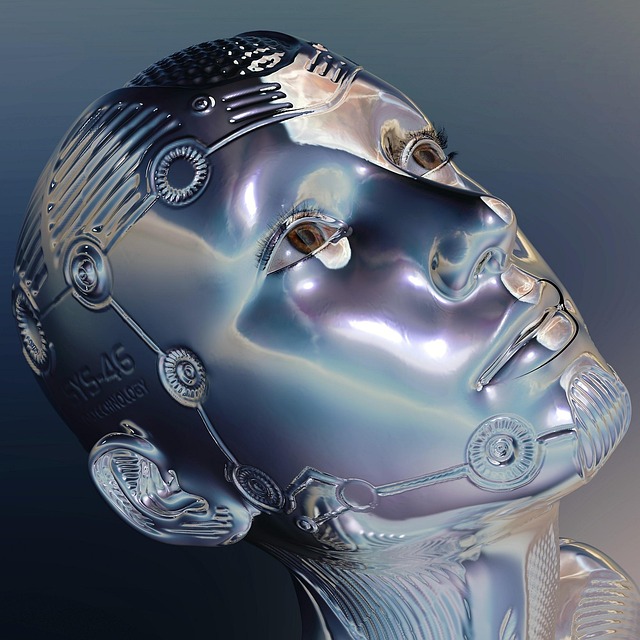
Exploring the Limitations of Artificial Intelligence: A Comprehensive Analysis
Artificial Intelligence (AI) has made significant strides in recent years, permeating various aspects of our daily lives and industries. However, despite its advancements, AI still faces several limitations that hinder its full potential. This article delves into these constraints, examining areas where AI falls short and the broader implications for society.
The Current State of Artificial Intelligence
Rapid Advancements and Widespread Adoption
AI technologies have evolved rapidly, leading to their integration into numerous sectors, including healthcare, finance, education, and entertainment. Machine learning algorithms, natural language processing, and computer vision have enabled machines to perform tasks that were once exclusive to humans.
The Promise and Perils of AI
While AI offers promising solutions, it also presents challenges. Concerns about job displacement, ethical considerations, and the potential for misuse are prevalent. Understanding AI's limitations is crucial to harness its benefits responsibly.
Core Limitations of AI
Lack of Generalization
AI systems often excel in specific tasks but struggle to generalize across different domains. Unlike humans, who can apply learned knowledge to new situations, AI models typically require retraining when exposed to unfamiliar data.
Dependence on Quality Data
The performance of AI models is heavily reliant on the quality and quantity of data they are trained on. Inaccurate, biased, or insufficient data can lead to poor model performance and unintended consequences.
Absence of True Understanding
AI lacks consciousness and genuine understanding. It processes information based on patterns and algorithms without comprehending the context or meaning, leading to outputs that may be contextually inappropriate.
Ethical and Bias Concerns
AI systems can inadvertently perpetuate biases present in their training data, leading to unfair or discriminatory outcomes. Addressing these biases is essential to ensure ethical AI deployment.
Specific Areas Where AI Falls Short
Creative and Emotional Intelligence
AI struggles with tasks requiring creativity, emotional intelligence, and nuanced human interactions. While it can generate art or music, the depth and originality often fall short of human capabilities.
Complex Decision-Making in Unstructured Environments
In dynamic and unpredictable settings, AI systems may fail to make sound decisions. Their performance declines when faced with scenarios that deviate from their training data.
Physical Tasks Requiring Dexterity
Despite advancements in robotics, AI-driven machines still face challenges in performing intricate physical tasks that require human-like dexterity and adaptability.
Implications for Industries and Society
Impact on Employment
The automation capabilities of AI raise concerns about job displacement. While AI can enhance productivity, it may also render certain roles obsolete, necessitating workforce reskilling and adaptation.
Ethical and Regulatory Challenges
The deployment of AI introduces ethical dilemmas, such as privacy violations and decision-making transparency. Establishing robust regulatory frameworks is vital to mitigate these issues.
The Need for Human-AI Collaboration
Recognizing AI's limitations underscores the importance of human oversight. Collaborative approaches, where AI augments human capabilities, can lead to more effective and ethical outcomes.
Conclusion
Artificial Intelligence continues to evolve, offering transformative potential across various sectors. However, acknowledging its current limitations is essential for responsible development and deployment. By understanding where AI falls short, we can better navigate its integration into society, ensuring it serves as a tool that complements human abilities rather than replaces them.

For further reading on AI's limitations and ethical considerations, consider exploring the following resources:
- The Turing Trap: The Promise & Peril of Human-Like Artificial Intelligence
- Existential Risk from Artificial Intelligence
- AI Trust Paradox
By staying informed and critically assessing AI's capabilities, we can ensure its development aligns with societal values and ethical standards.